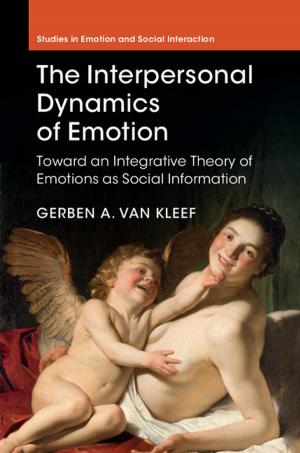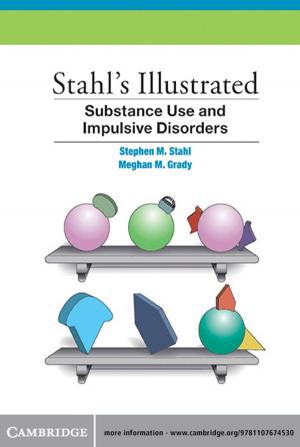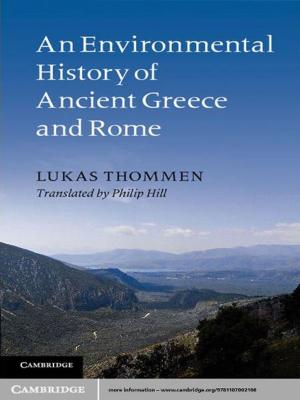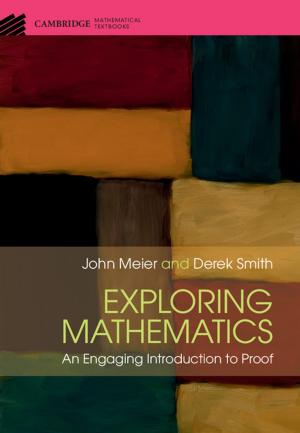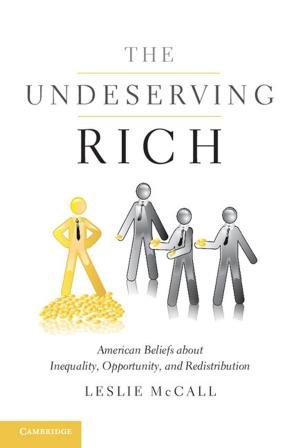Galileo's Reading
Fiction & Literature, Literary Theory & Criticism, European, Nonfiction, Social & Cultural Studies, Social Science| Author: | Crystal Hall | ISBN: | 9781107703377 |
| Publisher: | Cambridge University Press | Publication: | December 12, 2013 |
| Imprint: | Cambridge University Press | Language: | English |
| Author: | Crystal Hall |
| ISBN: | 9781107703377 |
| Publisher: | Cambridge University Press |
| Publication: | December 12, 2013 |
| Imprint: | Cambridge University Press |
| Language: | English |
Galileo (1564–1642) incorporated throughout his work the language of battle, the rhetoric of the epic, and the structure of romance as a means to elicit emotional responses from his readers against his opponents. By turning to the literary as a field for creating knowledge, Galileo delineated a textual space for establishing and validating the identity of the new, idealized philosopher. Galileo's Reading places Galileo in the complete intellectual and academic world in which he operated, bringing together, for example, debates over the nature of floating bodies and Ludovico Ariosto's Orlando furioso, disputes on comets and the literary criticism of Don Quixote, mathematical demonstrations of material strength and Dante's voyage through the afterlife, and the parallels of his feisty note-taking practices with popular comedy of the period.
Galileo (1564–1642) incorporated throughout his work the language of battle, the rhetoric of the epic, and the structure of romance as a means to elicit emotional responses from his readers against his opponents. By turning to the literary as a field for creating knowledge, Galileo delineated a textual space for establishing and validating the identity of the new, idealized philosopher. Galileo's Reading places Galileo in the complete intellectual and academic world in which he operated, bringing together, for example, debates over the nature of floating bodies and Ludovico Ariosto's Orlando furioso, disputes on comets and the literary criticism of Don Quixote, mathematical demonstrations of material strength and Dante's voyage through the afterlife, and the parallels of his feisty note-taking practices with popular comedy of the period.

